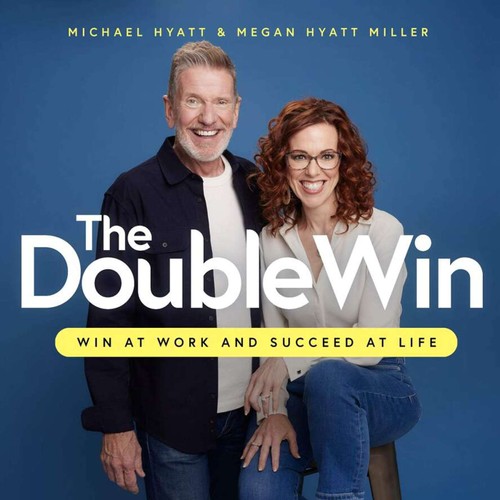
 The Double Win
The Double Win Reset Your Expectations for Meetings
May 9, 2023
Erin Perry, Chief Experience Officer at Full Focus, shares her expertise on transforming meetings from dreaded time consumers into powerful tools for productivity. She discusses strategies like advance preparation and setting clear agendas to maximize effectiveness. Erin emphasizes the importance of shorter meetings to reclaim time and improve focus, while also advocating for a mindset shift about when meetings are necessary. Discover how empowering team dynamics can lead to more purposeful gatherings and enhanced creativity in the workplace.
Chapters
Transcript
Episode notes
1 2 3 4 5 6 7
Intro
00:00 • 5min
Rethinking Meetings for Productivity
05:10 • 11min
Improving Meeting Effectiveness Through Preparation
15:57 • 2min
Maximizing Productivity through Shorter Meetings
17:58 • 8min
Empowering Team Dynamics in Meetings
26:26 • 8min
Maximizing Meeting Effectiveness
34:24 • 17min
Enhancing Creativity Through Structured Meetings
51:43 • 4min
